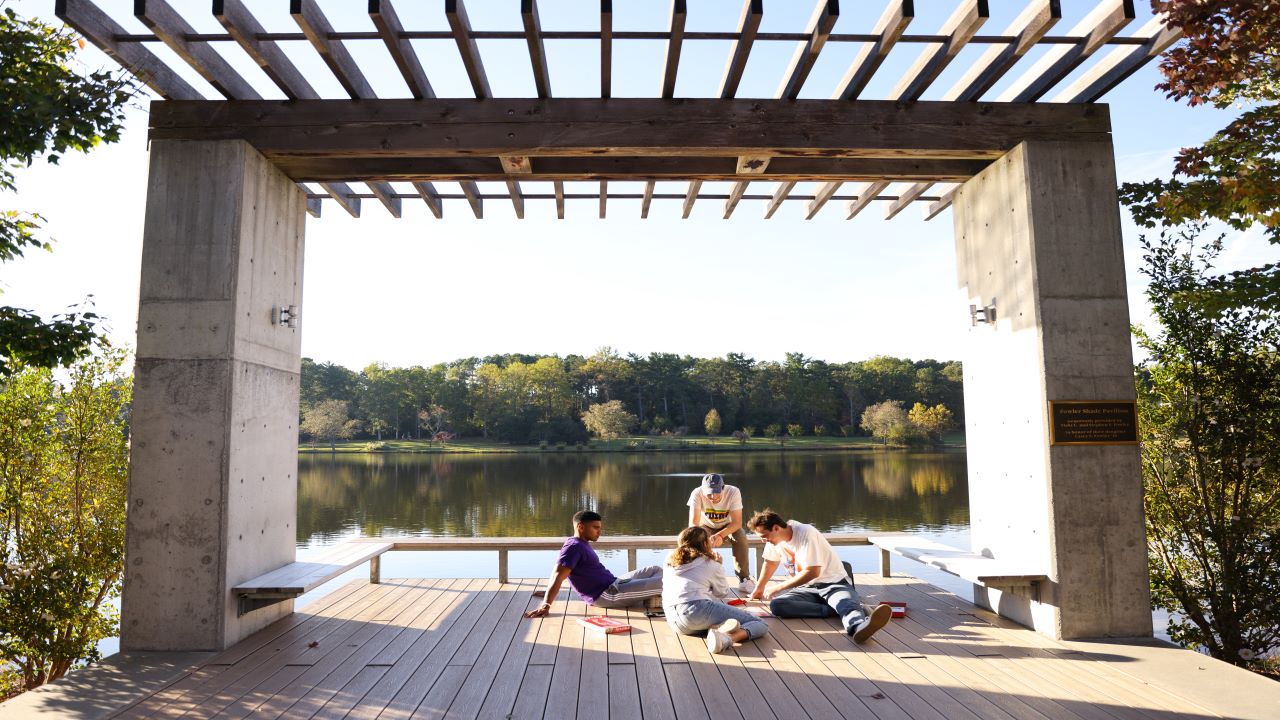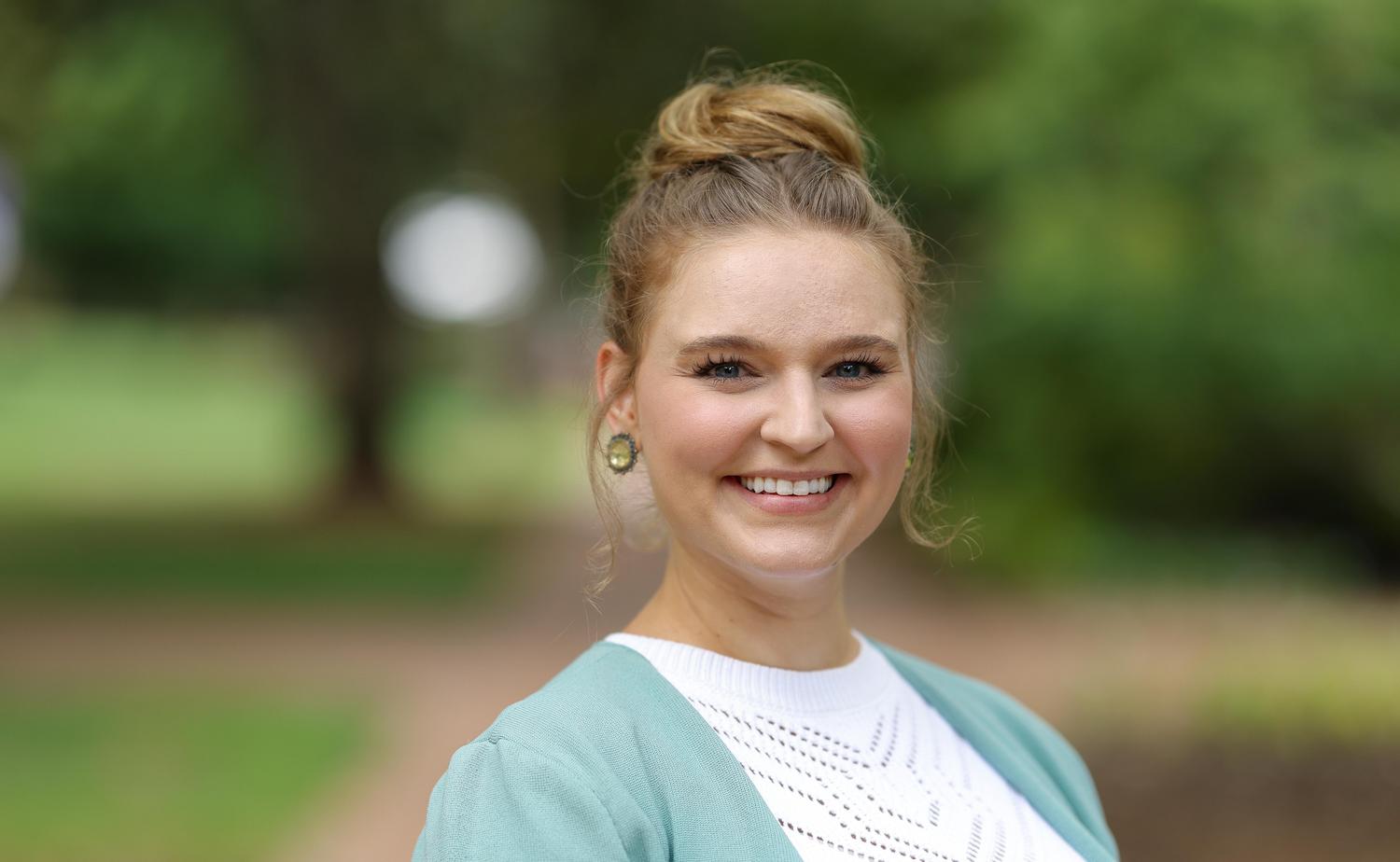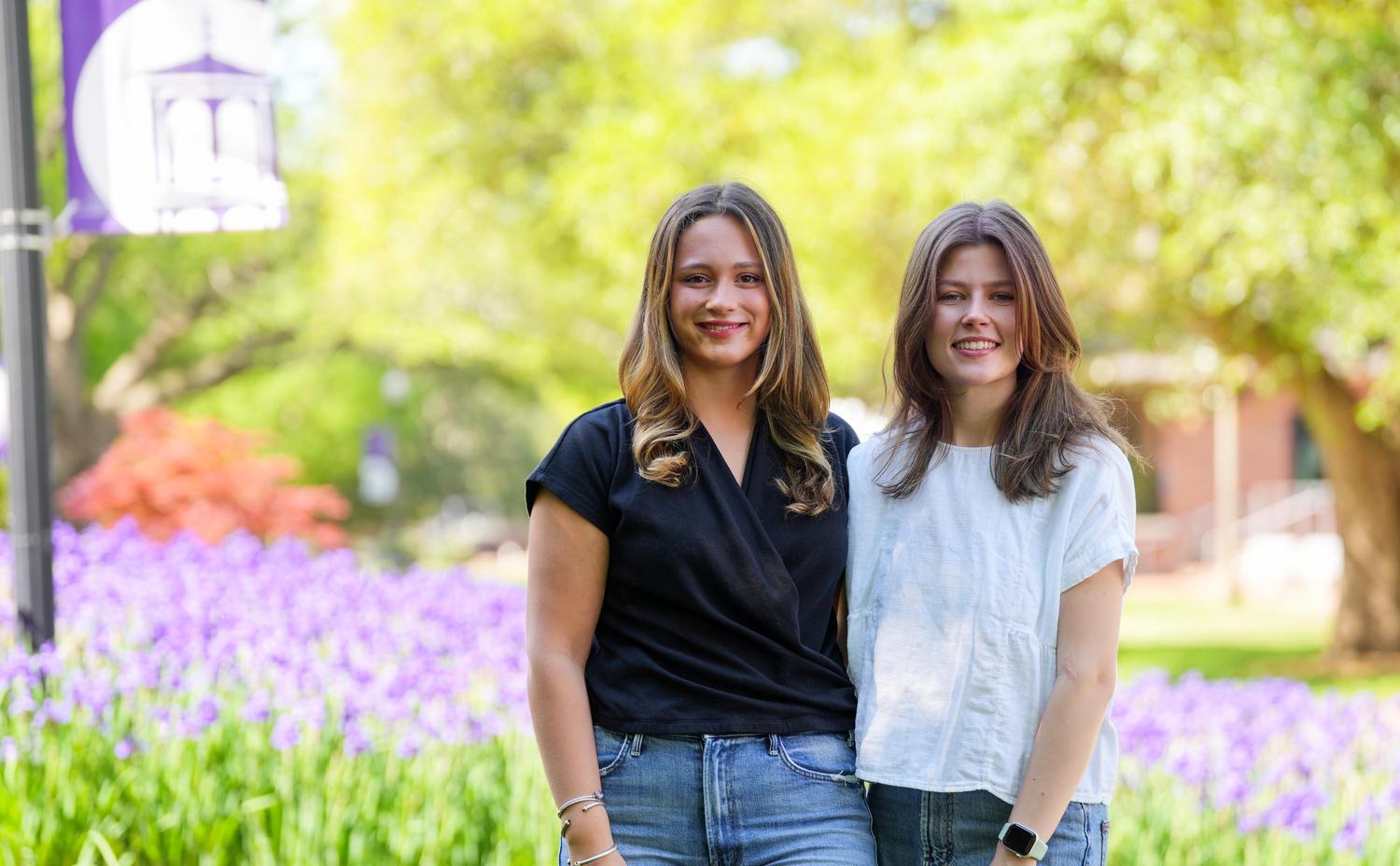Table of Contents
What is a science education minor?
The ability of scientists to communicate and respond to the general public is a vital skill for scientists in the 21st century. The goal of Furman’s interdisciplinary science education minor is to explore the interactive link between the natural sciences and society and to prepare students to be able to help make science accessible to the general public. The minor is an elective secondary academic specialization meant to complement a student’s major area of study.
Why study science education at Furman?
As a private liberal arts and sciences university, Furman provides an exceptional environment for multidisciplinary studies, allowing students to find connections between multiple areas of interest. The science education minor includes course options from more than 10 different academic disciplines. Small class sizes help provide one-to-one access to faculty that are among the best in their fields. Students work directly with advisors on advanced research opportunities, taking advantage of state-of-the-art resources and facilities. Get in touch with our admissions team to learn more.
How will you learn?
An education at Furman will often take you out of the classroom. The science education minor requires field experiences in various local settings including undergraduate laboratories, state parks, schools, camps or science museums. You’ll have ample opportunities to work closely with key faculty on research and other special projects. You might even travel abroad to gain international perspectives on public education. And many students find internships to help them explore their passions from the ground up. Visit our campus or request information to learn more.

Careers for science education minors
The science education minor will help prepare you for a future that may include graduate school, teaching in the public and private sector, communicating with patients or employment as resource consultants in museums, state parks or businesses. It can mean an advantage in occupations that rely heavily on communication with the public, such as:
- Teacher
- Health care worker
- Public information officer
- Museum specialist
- Environmental educator
Featured science education courses
-
1 millionadditional STEM experts projected to be needed in the near future, according to the U.S. Bureau of Labor Statistics
-
13academic disciplines represented in the science education course catalog
-
94.6%percentage of full-time Furman faculty with the highest degree in their field
What our students say
Our faculty
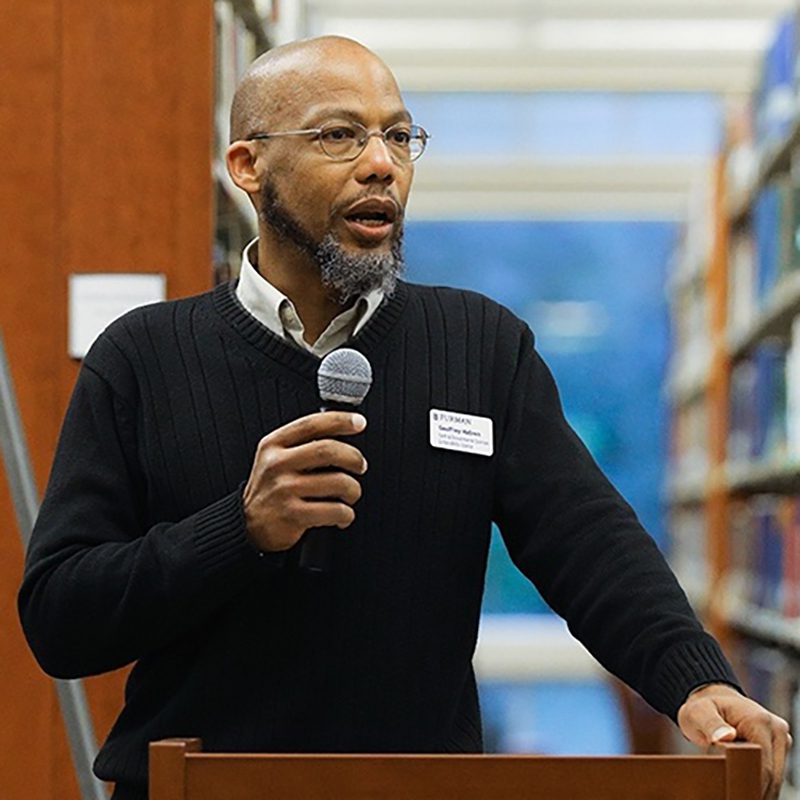
Geoffrey Habron
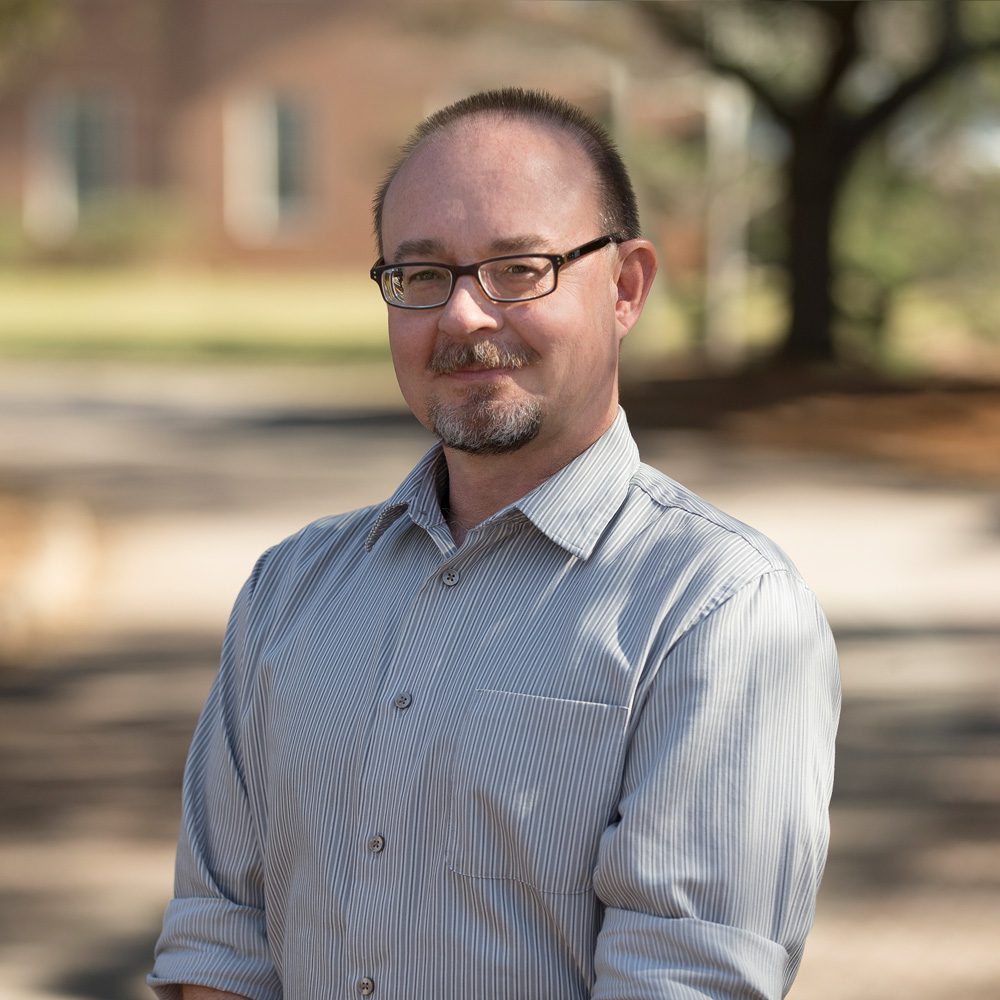
Michael Svec

Kevin Treu

Victoria Turgeon

Dake Wang

John Wheeler

Science Education Minor F.A.Q.
Like declaring a major, students meet with the minor chair to work out details.
There is no limit to the number of minors a student can declare.
A minor program can be an excellent way to explore further interests, gain additional skills to attract future employers, and discover connections between different subjects that interest you. Students find that taking on a minor makes for a more well-rounded and complete educational experience.
